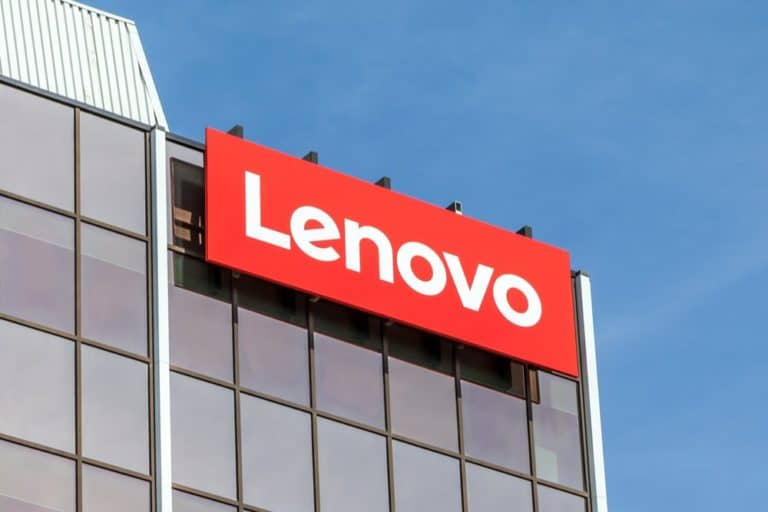Lenovo makes a profit in the data center market seven years after acquiring IBM x86 servers.
Lenovo is a Chinese giant when it comes to hardware. In 2014, Lenovo acquired IBM’s x86 server business and had high hopes in the data center market. These hopes were shattered when their strategy to use their PC sales teams to sell servers had failed to produce results.
This forced a re-organization as Lenovo created the Lenovo Data Center Group, which didn’t work out either resulting in another corporate shuffle back in February of 2021, which ultimately saw data center products moved to the Lenovo Infrastructure Solution Group. It wasn’t until the third quarter of the fiscal year 2021/2022 that Lenovo generated a profit with their data center products. A revenue of $1.9 billion with a surplus of $17 million.
Future of Lenovo data center products
This year Lenovo has seen a dramatic increase in its revenue (growing at 17% per year) and a net income amassing $640 million. Lenovo saw such a drastic increase because of the rise in cloud services. Lenovo is selling a lot to cloud service providers. Executives at Lenovo believe that one of the primary reasons for this increase in revenue is the emerging cloud market. Due to the growth in the market, sales to businesses of all sizes have increased, and Lenovo is able to gain higher margins.
It took them seven years and several failed strategies to finally make a positive return after the IBM acquisition. Since it is a China-based company, they hoped that the home field advantage would work in their favor, helping them attract Chinese customers. This eventually was the case. Lenovo is however a very international oriented company with a huge presence in the US and Europe.
That being said, Lenovo is still a small stakeholder in the data center market, while Dell leads the industry with $32.5 billion in revenue in 2021. Lenovo has started to gain traction in the data center market but only time will tell if they can become a challenge to the market leaders.
